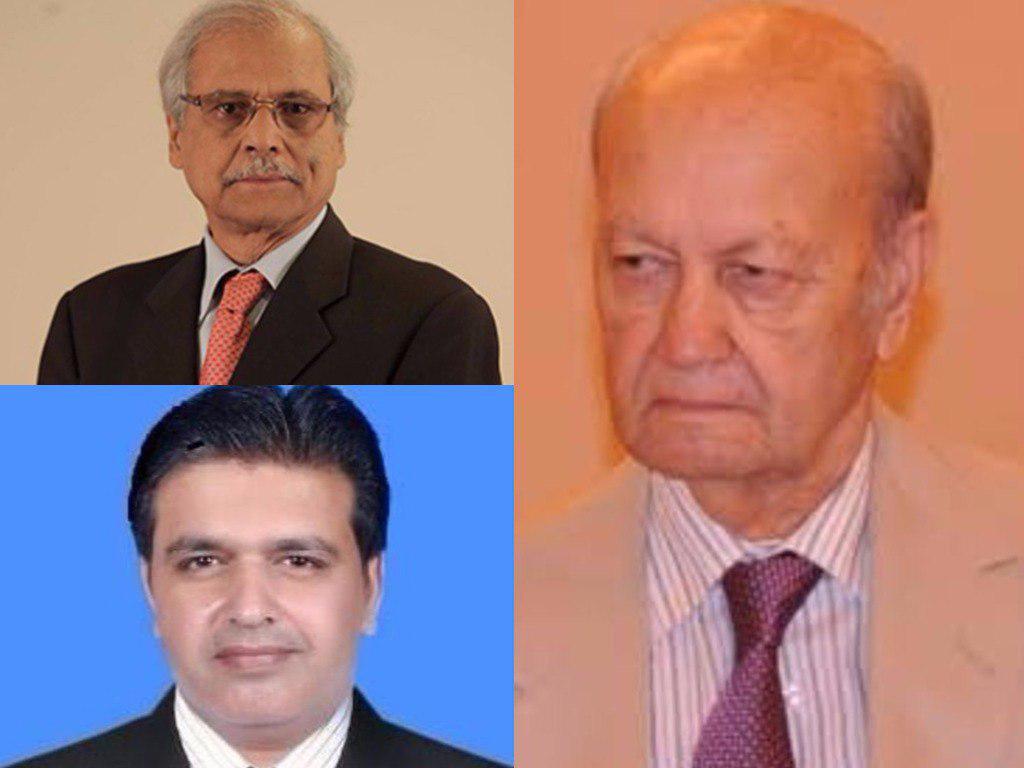They also criticized Arab-Islamic-American Summit in Saudi Arabia which, according to whom, has created a divide among Muslims in the Middle East.
Zahid Hussain in an article said that the main question is whether such an alliance in any way serves Pakistan’s national security and foreign policy interests, it certainly does not.
“It was a major mistake to commit ourselves to the coalition without having a clear idea about its objectives. Even worse was allowing retired Gen Raheel Sharif to head the alliance,” he said.
He noted that with a former army chief in the top position, Pakistan cannot pretend that it is not an active partner in the military alliance. “The government’s decision was in complete violation of the parliament’s resolution not to get involved in the Middle East civil war,” he said.
Zahid Hussain added that it is also a failure of our foreign policy as we have been unable to clarify our position on the anti-Iran stance at the Riyadh summit.
“Indeed, it will now be much more difficult for us to extricate ourselves from what is rightly described as a sectarian coalition without further antagonising Riyadh. But staying in an alliance which gets us involved in an intra-sectarian conflict will be extremely dangerous for the country,” he viewed.
Lieutenant General (retired) Talat Masood in his article in the leading English newspaper of Pakistan ‘Express Tribune’ said, 'There are clear indications that Iran is viewing our participation with great skepticism, despite repeated assurances that Pakistan will work towards reconciliation and not be a party to sectarian rivalries and regional power plays.'
He said foreseeing the adverse implications, the country’s parliament had passed a resolution that the government should not be a partisan to the Saudi-led alliance.
“However, the political leadership should have taken parliament and leaders of the Shia community into confidence so that the decision to join the alliance would not be exploited by vested interests,” he said.
The analyst while giving his views on Iran said Iranian nation today is far more united, cohesive than most of the Muslim countries. “The educational level in Iran is far higher than most of the Middle-Eastern countries. It has been able to counter severe economic sanctions imposed by the West through greater self-reliance,” he said.
Mohsin Raza Malik in the article in ‘The Nation’ said that presently, Pakistan is not only an important component of the military alliance but a veteran Pakistani ex-general is also commanding this controversial military alliance.
“Therefore, now Pakistan should seriously review its earlier decision of unthinkingly and hastily joining this mysterious and ambiguous military alliance, obviously it should not become part of this US-led anti-Iran military maneuver,” he noted.
He added that in the face of current geo-strategic realities in the region, Pakistan can hardly afford to let its already-troubled relations with Iran further deteriorate.
“If Pakistan is unable to play a positive role in pacifying this troubled region, then it should at least refrain from becoming part of the Middle Eastern follies,” he advised.
272**1723**1771
Saudi-led military alliance against Pakistan’s interests: Pak analysts
May 24, 2017, 11:38 AM
News ID:
82543002

Islamabad, May 24, IRNA – Pakistani analysts strongly believe that joining Saudi-led military alliance does not serve the national interests of Pakistan.

